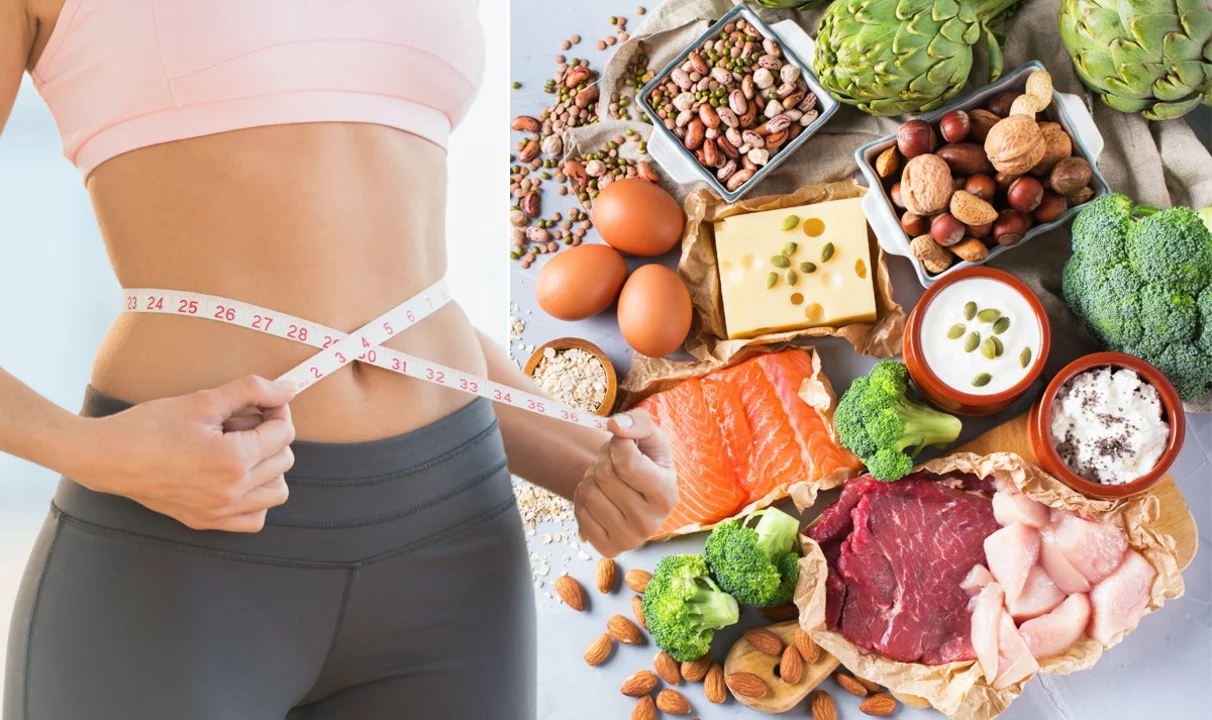Great Plantain (Plantago major): how to identify, use, and stay safe
Ever seen broad, low leaves in a lawn and wondered what they are? That’s often great plantain (Plantago major), a common weed with a long history of folk use. It's cheap, easy to find, and can be useful for simple first-aid and home remedies.
What it looks like: wide, oval leaves that grow in a rosette at ground level with visible parallel veins, and thin flower spikes that rise from the center. Young leaves are milder and better for eating; older leaves get tougher and more astringent.
Practical uses and simple recipes
Poultice for cuts, bites, and stings — this is the most common home use. Pick a handful of fresh leaves, wash them, then crush with a spoon or in a mortar until the juices release. Apply the mashed leaves directly to the wound, cover with a clean bandage, and leave for a few hours. Change the dressing if it gets dirty. The plant’s texture helps create a protective layer and may reduce irritation.
Tea for coughs and mild throat irritation — use dried or fresh leaves. For one cup: chop a teaspoon of dried leaves (or a tablespoon of fresh), pour 250 ml of boiling water over them, steep 8–10 minutes, then strain. Drink up to 2–3 cups a day. The tea is mucilaginous, so it soothes the throat.
Salads and cooking — young great plantain leaves can be eaten raw in small amounts or cooked like other greens. Taste is earthy and slightly bitter; cook longer leaves to soften them.
Foraging, storage, and safety tips
Pick plantain away from busy roads, sprayed lawns, or areas where pets relieve themselves. Choose young, tender leaves in spring for eating. To dry leaves, spread them in a single layer in a warm, well-ventilated spot away from direct sun. Store sealed in a dark, cool place for up to a year.
Safety: wash leaves before use. If you have severe wounds, infection, or a serious allergic reaction, get medical care — plantain is not a substitute for professional treatment. People with pollen allergies or plant allergies should patch-test first. If you’re pregnant, breastfeeding, or on regular medication (especially blood sugar or blood-thinning drugs), check with your healthcare provider before using plantain internally.
One last tip: keep it simple. Great plantain is handy for small cuts, insect bites, and as an emergency tea. It won’t replace modern medicine, but it’s a useful, low-risk option to have in your backyard first-aid kit.
Discover the Amazing Benefits of Great Plantain in Your Daily Diet
I recently discovered the amazing benefits of great plantain, and I just had to share this with you all! By incorporating this versatile plant into our daily diets, we can enjoy benefits like improved digestion, boosted immunity, and reduced inflammation. Not only that, but great plantain is also packed with essential vitamins and minerals. So, if you haven't already tried this fantastic superfood, I highly recommend giving it a go and reaping its numerous health benefits. Trust me, your body will thank you!





